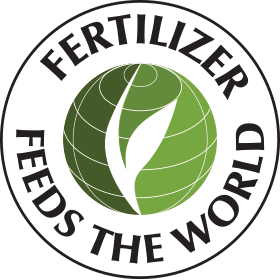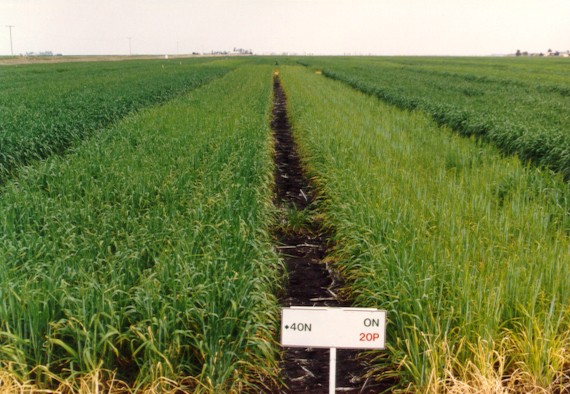
Plant nutrients – notably nitrogen, phosphorus, potassium and sulphur – are constantly being exported from farms in the form of plant and animal products. To sustain productivity, these nutrients must be replaced by fertilisers.
Nitrogen, phosphorus, potassium and sulphur are abundant in the natural environment and are essential to all life. Fertilisers also supply calcium, magnesium and a range of trace elements that are essential to plant growth. Most discussion will focus on nitrogen phosphorus and potassium as these are the nutrients supplied in the largest quantities; sulphur is also significant but is typically supplied with phosphorus or nitrogen fertilisers or as gypsum.
Fertilisers are made from natural resources. Nitrogen is made from the air using natural gas and other hydrocarbon sources, phosphorus from ancient marine deposits and potassium from evaporated seas.
Fertiliser feeds the world: "In the last 50 years global crop production has expanded threefold. This increase has been largely driven by yield increase per unit of land, and crop intensification resulting from multiple cropping and/or shortening of fallow periods. The expansion of arable land area allocated to crops has played a less important role in production increases.” (FAO Statistical Year Book 2013 World Food and Agriculture)
Improved productivity comes from a range of management practices. plant variety improvements, pest and disease control and nutrient management. It is estimated that at least 30 to 50% of crop yield is attributable to commercial fertilizer nutrient inputs. (Stewart, W.M., Dibb, D.W., Johnston, A.E., Smyth, T.J., 2005, The Contribution of Commercial Fertilizer Nutrients to Food Production. Agron. J. 2005. 97: 1-6.doi:10.2134/agronj2005.0001)

Next